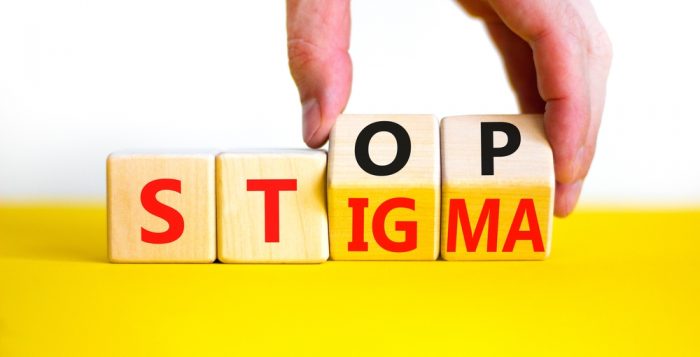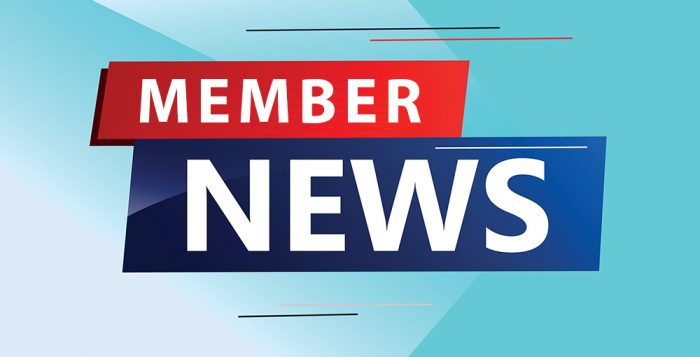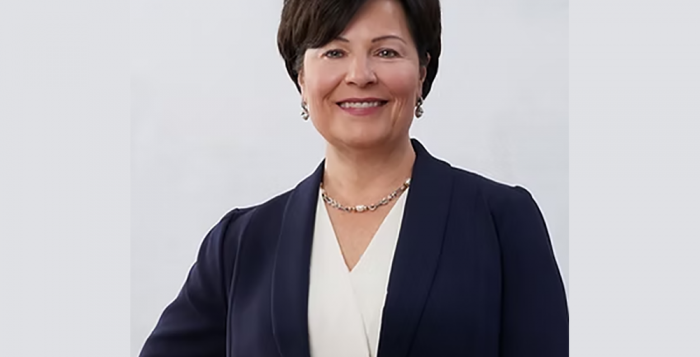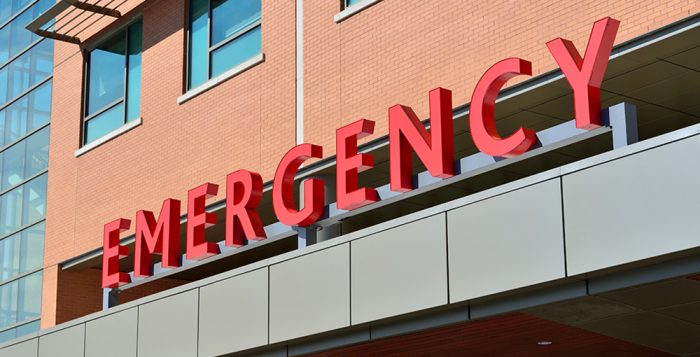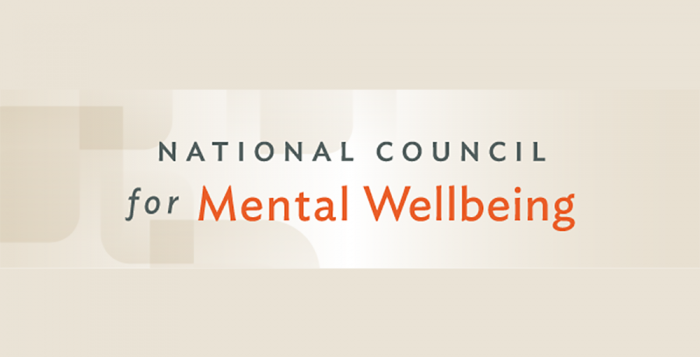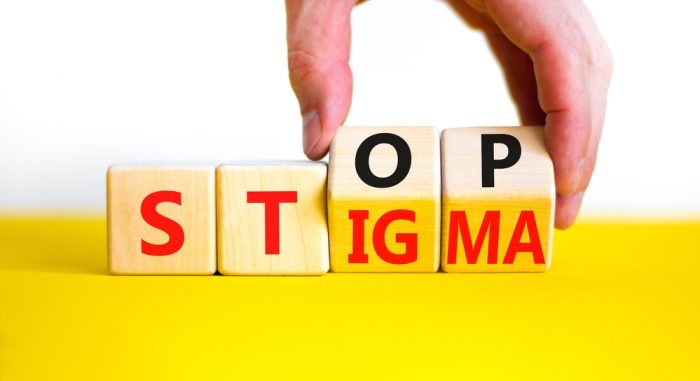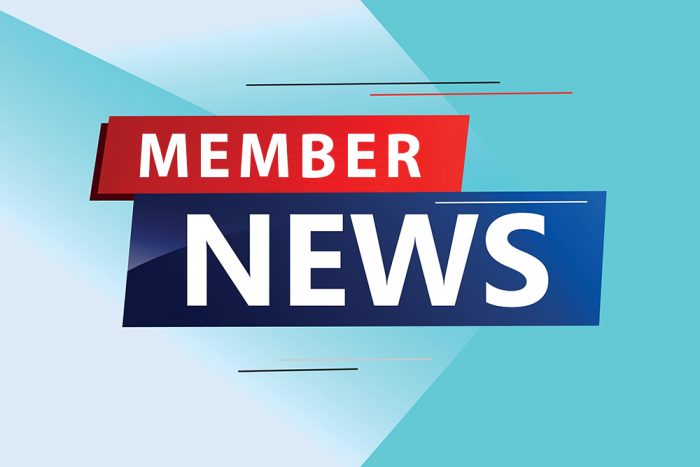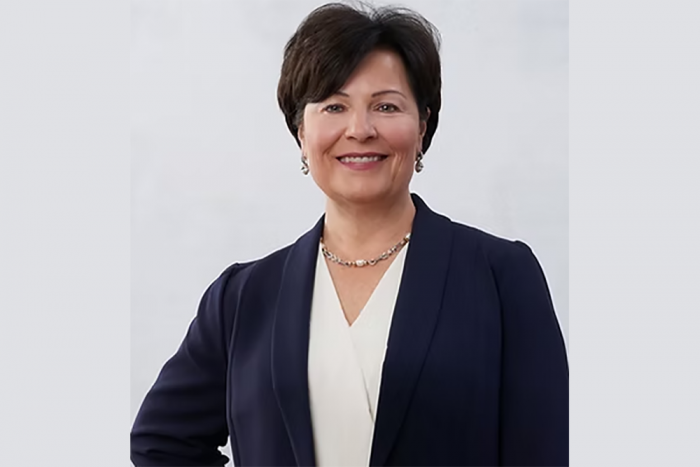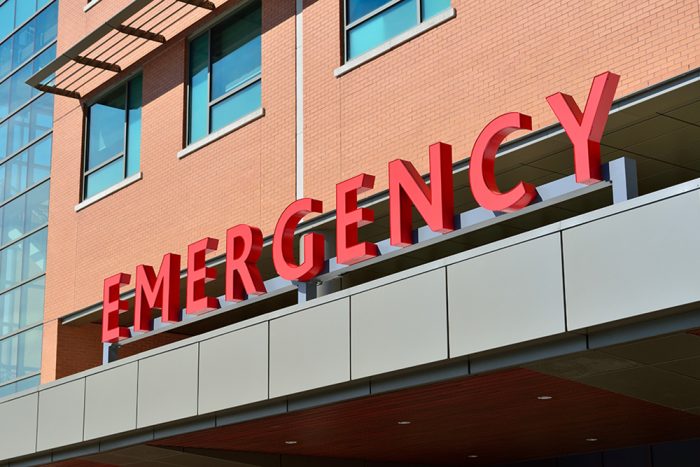RCPA Member McAuley Ministries Awards Over $2 Million in Grants to 27 Local Nonprofit Organizations
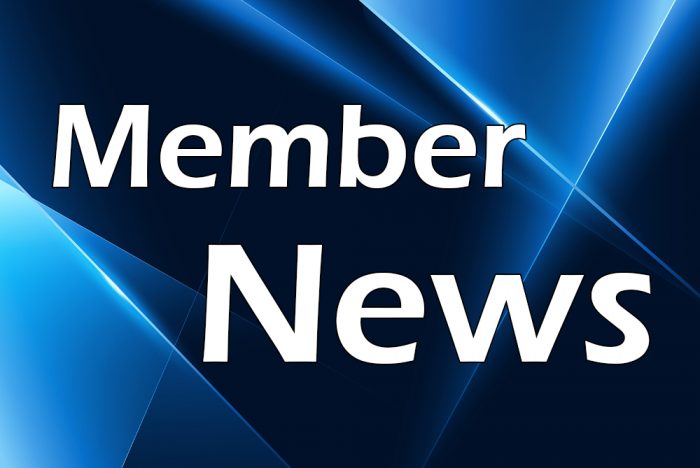
Press release by McAuley Ministries: Published February 26, 2026
Excerpt below:
PITTSBURGH (February 26, 2026) – McAuley Ministries, Pittsburgh Mercy’s grant-making foundation, awarded 29 grants totaling over $2 million. The grants help fund capacity building, education, empowerment, essential needs & social services, legacy programs, and whole-person health initiatives in Pittsburgh’s Hill District, Uptown, and West Oakland communities, its three focus neighborhoods, collectively referred to as the Mercy Corridor.
DDAP Awards More Than $100k to Community-Based Organizations to Address SUD-Related Stigma
The Pennsylvania Department of Drug and Alcohol Programs is awarding more than $100,000 to community-based organizations serving 10 counties to assist with their efforts in reducing the stigma associated with substance use disorder (SUD).
Pennsylvania’s statewide anti-stigma campaign, Life Unites Us, addresses stigma by investing in those who are doing the work at the local level. By prioritizing compassionate, judgment-free care, DDAP intends to help more Pennsylvanians access life-saving resources and achieve recovery.
Life Unites Us (LUU) is a research-driven campaign that uses social media to spread stories of individuals in recovery, their family members, and allies who support those with SUD. In addition to offering stigma reduction grants, LUU gives local organizations an opportunity to learn through webinars, fosters community partnerships to promote recovery-focused support at the local level, and maintains an interactive data dashboard detailing the campaign’s progress.
The following community-based organizations will receive up to $29,000 each to help fund stigma reduction:
- Hope Works: Fayette County;
- Drop-In Center Recovery Collective | Oasis Community Recovery Club, Walking Free Clubhouse, and New Possibilities Recovery Drop-In Center: Northumberland, Snyder, Union, Montour, and Columbia counties;
- This Is My Quest: Tioga, Potter, and Bradford counties; and
- Ark of Safety: Philadelphia.
Read the full press release.
DDAP Releases Report on Housing Access Among People Who Use Drugs
The Pennsylvania Department of Drug and Alcohol Programs (DDAP) State Epidemiological Outcomes Workgroup (SEOW), in partnership with the Department of Community Health and Prevention at Drexel University’s Dornsife School of Public Health, has released a new report, “Housing Access Among People Who Use Drugs in Pennsylvania.” The report explores the intersection of homelessness and substance use across the Commonwealth.
Key topics include:
- Prevalence of homelessness in the United States and Pennsylvania;
- Substance use among people experiencing homelessness in the United States and Pennsylvania;
- Housing availability;
- Results from a survey of 137 housing providers assessing availability and barriers for people who use drugs; and
- Best practices for increasing housing access for people who use drugs.
SEOW brings together governmental and non-governmental partners statewide to inform state and community decisions on substance use and behavioral health programs, practices, and policies across Pennsylvania. To view previous SEOW reports, visit DDAP’s Document Library.
RCPA Member KidsPeace and Lehigh Carbon CC Launch Innovative Training/Certification Partnership for Mental and BH Workforce
RCPA Member Strawberry Fields Inc. CEO Cynthia Pasquinelli to Retire After 40+ Years of Outstanding Service
“My time at Strawberry Fields has been one of the greatest privileges of my life. Working alongside a passionate and talented team of staff and board members, we have expanded opportunities, empowered individuals and strengthened a mission that changes lives every day. I am incredibly proud to have played such a part in shaping the organization Strawberry Fields has become”
– Strawberry Fields Chief Executive Officer Cynthia “Cindy” Pasquinelli
Throughout her decades-long career at Strawberry Fields Inc., an affiliate of Devereux, Pasquinelli has led with passion, purpose and an unyielding commitment to providing the highest quality programs and services for individuals and families with intellectual and developmental disabilities, autism, and mental health challenges in Centre County, Pennsylvania.
Pasquinelli joined Strawberry Fields in 1985 as the director of mental health services. Two years later, she assumed the role of acting chief executive officer before being appointed to the position permanently.
On July 31, Pasquinelli will retire after 41 years of exceptional leadership and service to the organization.
“When I first joined Strawberry Fields, we offered just three programs. Today, we provide more than 20, including a variety of intellectual and developmental disability, mental health and early intervention services, along with two social enterprises that create employment opportunities for adults with disabilities,” said Pasquinelli. “We have always believed our role is to serve the community, and growing these programs, while witnessing the growth of the individuals in our care, has been extremely rewarding.”
Devereux President and CEO Carl E. Clark II noted, “Cindy’s leadership has been truly transformative. Her vision, integrity and deep expertise have made a lasting impact on Strawberry Fields, and the individuals and families served by the organization. Through her steadfast focus on person-centered, community-driven care, she has positioned Strawberry Fields for long-term success. As a result of her tireless efforts to improve the lives of those in need, her legacy will be felt for years to come.”
Creating opportunities, transforming lives
During her tenure, Pasquinelli said one thing she is most proud of is opening Strawberry Fields’ social enterprises: Scraps and Skeins, a creative reuse store, in 2015, and Good Day Café, a coffee shop, in 2018.
“We employ approximately 20 adults with disabilities at Good Day Café and seven with mental health challenges at Scraps and Skeins,” explained Pasquinelli. “Working at these businesses provides our individuals an opportunity to showcase their unique skills and talents, build life and social skills, and engage in their community.”
Pasquinelli added that launching Scraps and Skeins and Good Day Café has also had a positive impact on the organization as a whole: “People can see, firsthand, the meaningful difference we are making. We have grown our base of supporters as a result, which has allowed us to start new endeavors.”
Ensuring long-term sustainability
In 2025, under Pasquinelli’s leadership, Strawberry Fields became an affiliate of Devereux. Pasquinelli said the partnership strengthens Strawberry Fields’ ability to serve its community while ensuring long-term sustainability.
“Through this partnership, we have exciting new opportunities to innovate and grow,” Pasquinelli shared. “With Devereux’s support, we are preparing to introduce a new family-based mental health service and expand our autism assessment services in rural areas outside of Centre County. These efforts will help us reach more people, address emerging needs and continue to build a stronger, more connected community.”
Future plans
After her retirement, Pasquinelli plans to continue supporting Devereux in its efforts to forge new partnerships with organizations like Strawberry Fields that share its dedication to making a difference in the lives of individuals and families in need.
Most importantly, she will focus on continuing to develop the David Pasquinelli Memorial Fund for Strawberry Fields, which was established by the organization’s Board of Directors in 2022 in memory of Pasquinelli’s son.
“The funds raised will support Scraps and Skeins and Good Day Café, as well as any new projects that may need seed money,” Pasquinelli noted. “While I will be stepping away from my full-time role, I am excited to work with Strawberry Fields as it enters its next chapter and continues to grow and evolve.”
Learn more about Strawberry Fields Inc., and learn more about Devereux.
Immigration Enforcement Advisory for Health Care and Social Services Facilities
Message from the PA Department of Human Services (DHS):
Under the current federal administration, the U.S. Department of Homeland Security (U.S. DHS) has lifted restrictions that previously prohibited Immigration and Customs Enforcement (ICE) and Customs and Border Protection (CBP) officers from carrying out immigration enforcement actions, including arrests, in protected areas such as medical and behavioral health care facilities and social services establishments. It is now possible that U.S. DHS may attempt to conduct immigration enforcement activities in these settings.
The Pennsylvania Department of Human Services, along with the departments of Aging, Drug and Alcohol Programs, and Health, has prepared a non-regulatory advisory to provide general information about federal law applicable to immigration enforcement activities at health care and social services facilities. We also advise facility leadership and counsel to develop a written policy and standard operating procedures for what to do if immigration enforcement agents arrive on facility property or seek information about individuals you serve for immigration enforcement reasons.
In developing these policies and procedures, the Pennsylvania Department of Human Services advises that you consider:
- Designating legal and administrative point person(s) by name and phone number who will interact with immigration agents and review legal documents;
- Planning for how your facility will respond to requests for information, requests to enter non-public spaces to conduct an arrest, and immigration enforcement activity in public spaces;
- Engaging in advance with stakeholders and necessary resources; and
- Minimizing disruption to individuals served.
This advisory does not provide legal advice. Consult a licensed attorney or accredited representative for legal questions about a specific situation.
Thank you for your service to Pennsylvania.











